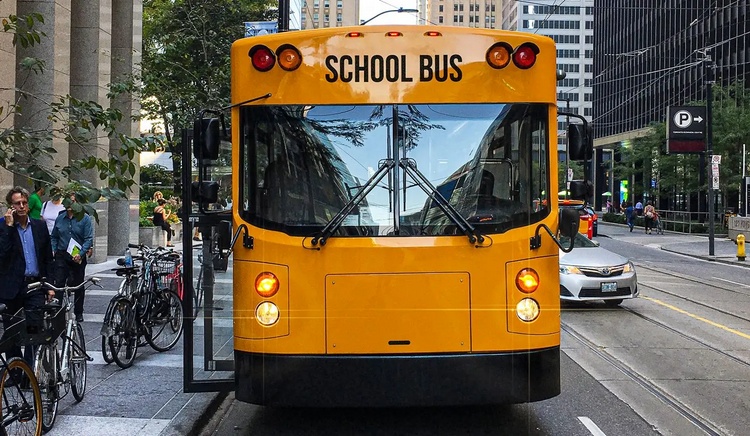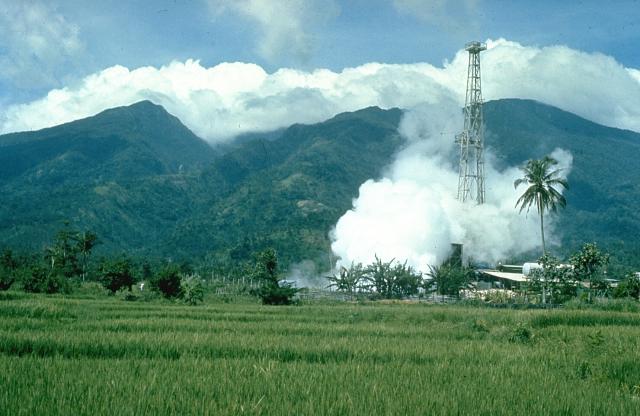January 29 NEC Energy News
¶ “Electric School Buses Can Fight Inequity In The USA, Or Worsen It” • Most students, especially those from low-income and communities of color, ride diesel-powered buses that expose them to health issues. Electric school buses offer a solution, but they can actually deepen inequities if programs aren’t designed and deployed properly. [CleanTechnica]

¶ “Cracking Under Pressure: Inside The Race To Fix France’s Nuclear Plants” • Complicated procedures, replicated across sites this winter, have hampered the ability of EDF to get its reactors back online after lengthy shutdowns. The two Penly reactors are examples. Scheduled to be back online this month and next, they are being delayed to May and June. [Yahoo Finance]
¶ “Auckland Flooding: Three People Dead After Torrential Rain In New Zealand” • Auckland is said to have had 75% of its usual summer rainfall in just 15 hours. Scientists caution against attributing individual weather events to climate change, but research by NIWA has found the warming planet is leading to more extreme weather in New Zealand. [BBC]
¶ “Asia’s First Steam Field Continues To Power Homes” • Asia’s first commercial-scale geothermal steam field was discovered 50 years ago in Tiwi, a small town in the Philippine province of Albay. It is still providing clean, renewable energy to 2.7 million homes. Geothermal is the biggest industry in Tiwi and a major source of local employment. [The Manila Times]

¶ “Permian Set To Lead BPx Energy’s Low Carbon, Renewables Efforts” • BP plans to sell $25 billion in oil and gas assets to fund its renewables business. The company is not completely through with oil and gas, and in fact, it sees significant contributions from the shale assets. But it has set a goal of net-zero carbon emissions by 2050. [Midland Reporter-Telegram]
¶ “How Did Renewables Fare During Winter Storm Elliott?” • The Wall Street Journal blamed renewables for rolling blackouts after winter storm Elliott, based on little data. But the picture that’s emerged since is one of inaccurate forecasting of electricity needs to weather the storm, large-scale fossil fuel plant failures, and gas shortages. [Kansas Reflector]
For more news, please visit geoharvey – Daily News about Energy and Climate Change.
